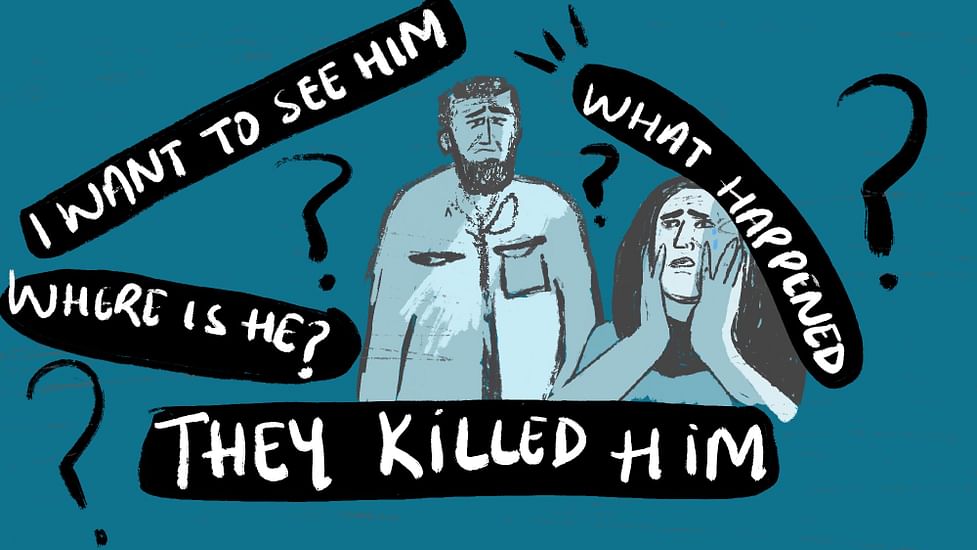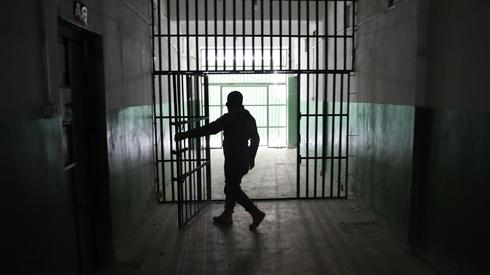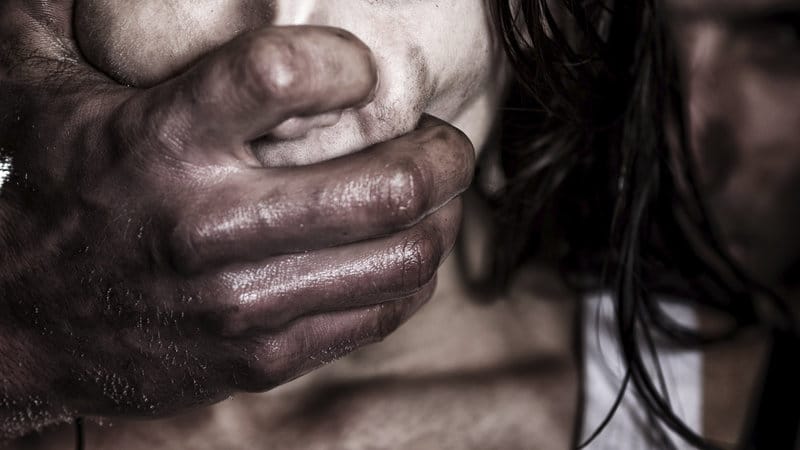Custodial deaths are nothing new for Indian prisons, the vast majority of them have been by the suspected torture by the police in order to convince criminals for a confession. In 2019, the National Campaign Against Torture (NCAT) reported the deaths of 125 people in 124 incidents while in police custody throughout the country. 93 people (74.4%) died in police custody as a result of torture or foul play, according to family members and area residents, while 24 people (19.2%) died in mysterious circumstances. Because suing government officers needs government approval, the prosecution in situations of custodial violence is challenging.
Over the last decade, there have been more deaths in police custody, with 36 percent reported as suicides between 2015 and 2019. Families have suspected foul play and poor record-keeping, evidence manipulation creates a veil around the incident that is ever rarely solved.
Prisoners in India suffer some of the worst atrocities and as years pass by, little is done for the transparency in the prison system and prisoner’s life security.
[wp-embedder-pack width=”100%” height=”400px” download=”all” download-text=”” url=”http://
” /]

The case of a father and son in Sathankulam, a town in Tamil Nadu’s Thoothukudi district, is still fresh in the memory.
On June 19, 2020, the suspects were arrested by police for minor lockdown offenses. The officers reportedly attacked them physically and sexually afterward. Both of them died from their injuries within a few days, and the police launched an investigation to cover it up and claim that their deaths were caused by organ damage. This caused statewide demonstrations, widespread media attention, and finally led to the Madras High Court’s decision to hold the police responsible for the deaths.
Rizwan Pundit’s body finally returned home in South Kashmir’s Pulwama on the eve of March 19. “His backbone was broken,” said Mubashir Pandit, Rizwan Pandit’s elder brother. “There were bruises on his face and head. His thighs had been burnt down What does it say other than that he was tortured?”
Kashmir’s History is much tainted with the blood of countless people who died in police custody. Jammu and Kashmir Coalition of Civil Society claim that the state witnessed 225 cases of custodial killings from 2002 to 2009. Amnesty recorded 706 custodial deaths between 1990 and 1994.
While justice seems like a far-fetched dream, officers of the law engage openly in this play of power, and the state turns a blind eye.
The Case of Dilsher’s Death, Police Negligence and Cover Up
“Achha, woh mujhe ab phone rakhne ko keh rahe hai, chalta hu, khuda hafiz” (Ok, they are asking me to end the call, I’m leaving, khuda hafiz).
Ali Sher never knew that these were the last words he would hear from his 23-year-old son Dilsher, an undertrial prisoner accused in a 2019 murder case at Jahangirpuri in Delhi, who was murdered in Tihar’s Jail No 3.
“I thought I’ll talk to him soon enough, and that too in person,” said a remorseful father while revisiting that 5-minute-long telephone call. The call abruptly got off before Ali could say Khuda Hafiz in return, but the assurance to meet his son in two days as the Delhi High Court was set to hear his son’s bail application made him slightly less fazed by it. “We all knew he’ll get bail as all the co-accused in his case were already out on bail,” he continued in his deep voice.
But unfortunately, Dilsher could never make it to the court for his bail hearing, and Ali never got the chance to say Khuda Hafiz to his son ever again. On 30 November 2020, just two days before Dilsher’s bail hearing, Ali (56) got a call from his wife, Shahnaz (49) breaking the news to him that two police officers had come to their home in Jahangirpuri with just one message – “your son has been murdered”, nothing more or less.

Ali Sher who owns a small business on travel buses was in his office, when his wife called at around 11 am, with a faint voice laced with shock and grief telling him about their son’s unfortunate fate. The couple rushed across Delhi to Tihar, desperate to get answers. The 75 minutes journey to reach the Tihar prison complex from Jahangirpuri, seemed the longest and hardest of his life. He didn’t know where to go, or whom to ask, so he simply started screaming before the security guard.
It was another five hours after being escorted to a waiting room, with no one reaching out, offering any help, or even looking at them, before Ali and his wife Shahnaz were finally summoned by the Magistrate in jail. In the Magistrate’s room too, they got no answers to their many questions and were just made to sign on a paper, which he says he was unaware of what was written in it.
After another hour of waiting, someone from the cleaning staff told Ali that a van had left Tihar in the afternoon for Deen Dyal Upadhyaya Hospital and that it might have been carrying his son. The couple rushed to DDU Hospital and inquired about their son. After 45 minutes of being kept waiting in the waiting room, someone from the hospital told them that they would get their son’s body the next day, after the post mortem.
At 3 pm on 1 December, Ali was called to DDU Hospital to collect his son’s body. For the mourning parents, There was no rush to arrive this time, no restlessness, just silence.
48 hours had passed, and Ali still hadn’t got any crucial details from the jail authorities. It was only when Dilsher’s lawyer, Anwar Khan, appeared before the Magistrate in Rohini court on December 02 for Dilsher’s trial, that more details of his murder came into light.
Status report on Dilsher’s murder presented by Tihar Jail detailed his murder in figures – died at 7 am, 11 stab wounds, 2 lacerated wounds, spent 17 months in custody. He was killed by a group of 7 men, who attacked him when he was asleep. But, a deeper insight at the document brings out something more concerning – the jail staff supposedly informing the jail hospital that Dilsher had an alleged history of facing physical assault in his jail ward.

Ali claims that Dilsher knew he was in imminent danger, a fear that he had shared in calls from Tihar. He says even the jail staff was aware but turned a blind eye. He firmly believes that the staff is equally, if not more, complicit in Dilsher’s killing.
The police excluded the kingpin of the gang –Naushad’s name from Dilsher’s murder FIR who had committed multiple robberies which got him a long sentence, had jumped parole but continued to manage a gang inside the prison from the outside. All this reeks of a cover-up and of collusion by certain jail staffers.
Mr. Khan has written to the National Human Rights Commission, to Director General (Prisons), to Delhi’s Police Commissioner, and Lieutenant Governor, presenting Dilsher’s family’s grievances, requesting them to intervene in the matter. But these efforts have proved futile.
Getting no ray of hope anywhere, Ali Sher has finally moved a petition before the Delhi High Court. Ali in his plea has claimed that he was “kept in the dark for a long time with respect to the facts of the case and the circumstances leading to the death of his son, who was an undertrial prisoner in Tihar Jail”. Ali has claimed compensation of 5 crores citing the sheer negligence of the jail authorities. The single bench of Justice Prathiba M Singh will hear the matter on 5 March 2021.
The family awaits justice…
Also Read: 10 Headlines From The Pre-Pandemic 2020 That Feel Like They Happened Ages Ago
Landmark judgments by Supreme Court of India that changed the course of India (Part 2)
















